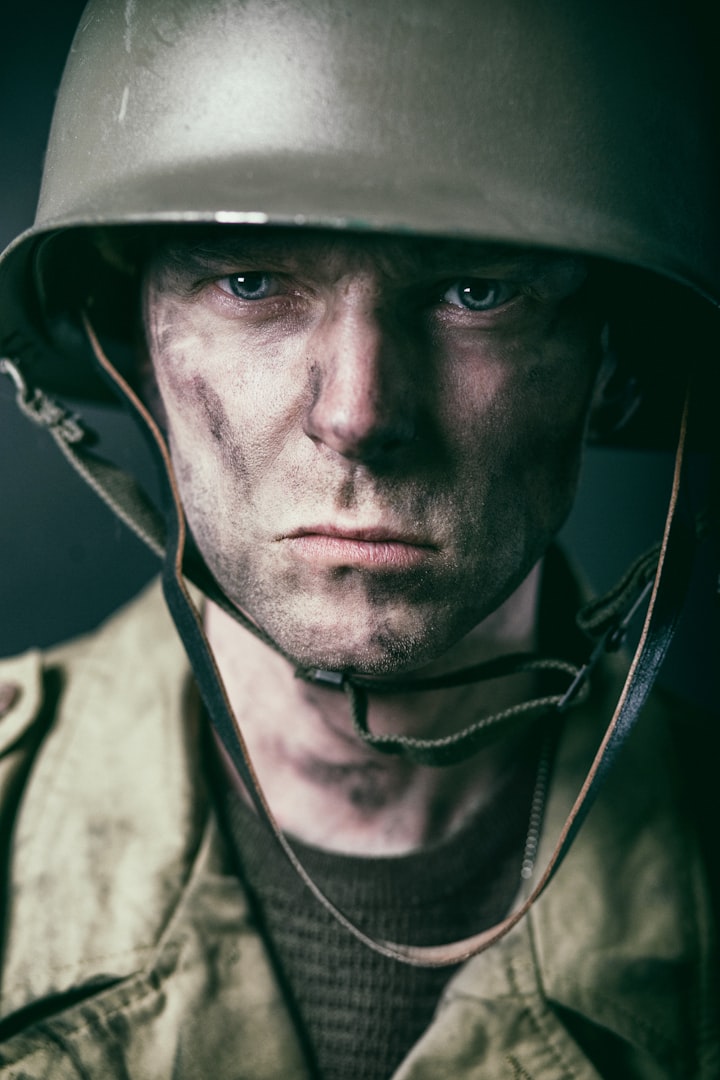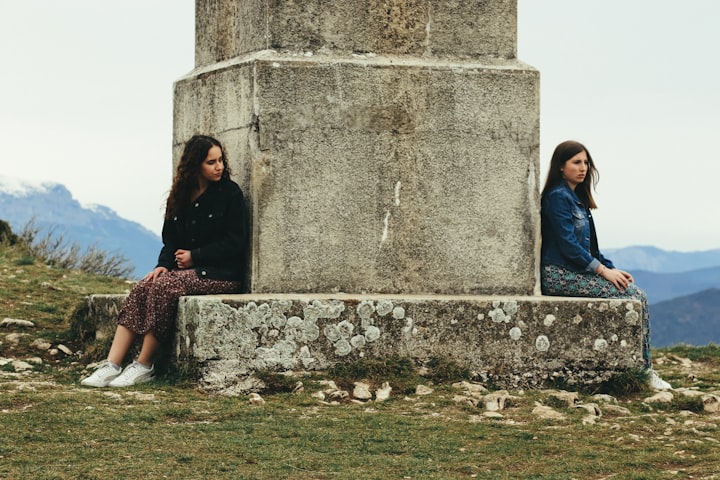Institutionalization
The times my life changed for the better

When some people think of someone being institutionalized, the first thing that comes to mind is often things like shock therapy, lobotomies, cartoonish villains from Gotham. I assure you, none of that is the case. At least not anymore. I’m not saying it’s for everyone, but for those that need it, institutionalization could save their lives. Being institutionalized changed my life for the better.
My story begins in 2013, I was back in school after missing a semester for personal reasons. I was caught in the dorm with weed and given a citation to show up in court. I showed up, pled guilty, and then left the school, town, and fled the state. Moving forward to 2016, the worst year of my life, I had moved back to Kentucky. I was obsessing over the election and dedicating too much time to my job, and when Clinton lost I was devastated. Turning the page into 2017, I was spiraling into a state of constant mania: barely sleeping, working too much, and seeking validation through social media. In April of that year I had gotten so bad that I had convinced myself that the people who loved me most in this world wanted bad for me. So I packed my things to move to Colorado. I made it as far as Louisville, KY when I pulled over for the night. That’s when a cop came around. Not remembering 2013, I handed over my ID and was informed that there was a warrant out for my arrest in the state of Kentucky. I was taken to Louisville Metro County Jail.
I don’t have much to say about my time in jail. I was completely manic and having multiple mental breakdowns, so it’s hard to decipher fact from fiction. All I know for sure is that by the time I was released four or five days later, I was cleared of all charges in the state. I’ll call it what it probably was, white privilege. I left the jail and wandered around downtown Louisville for the rest of the day. By nightfall, I realized the severity of my situation and walked into a hospital for help, but I did not receive the care I needed. I was discharged in the middle of the night, and wandered around again until I sat down in a different hospital’s parking garage and began crying. The attendant/security asked me what was wrong, and I did my best to explain that I didn’t know but I needed serious medical help. They directed me to the entrance of the Jewish hospital, and I was able to spend the rest of the night there. I was again discharged, but this time I was determined to get to a library. When I found the local branch, I tried to get into my internet accounts to contact my family, but I found myself locked out of them. With that, I had a complete paranoid breakdown, and the librarian called the paramedics. They finally took me to the place I needed to be, Our Lady of Peace.
I was never very comfortable my first time at the institution. Of course, I had that attitude of I don’t belong here. I’ve been going crazy, I thought to myself, but I’m not this crazy. But as the days went on, I felt more like I belonged there, more like this literal break from life to recoup was exactly what I needed. Three meals a day, a place to sleep, and therapy sessions all day, what was there not to embrace. I had very interesting roommates in the hospital; one of them was an artist who drew cartoons. But the most important parts were the one on one sessions with my doctor who ended up diagnosing me with Bipolar 1. It is defined by major mood fluctuations with a tendency toward mania.
During my first stay in the institution I was put on a drug called olanzapine. It’s one of those drugs that’ll force you to catch up on months of sleep. I quit after a while because I was sleeping ten to fourteen hours a day, so after a few months I slipped back into a manic episode. I was institutionalized again, and this time I knew I belonged there. I took full advantage of the things available to me and left a much better person, especially this time. I was put on abilify, I’m still on it, and it’s the best thing I do for myself.
About the Creator
Caleb Geiger
If you can support me as I make my graphic novel
https://www.patreon.com/calebgeigermedia
If you want me to write a story for an idea you had, you can submit or order it on my website.
https://calebgeigermedia.company.site






Comments
There are no comments for this story
Be the first to respond and start the conversation.